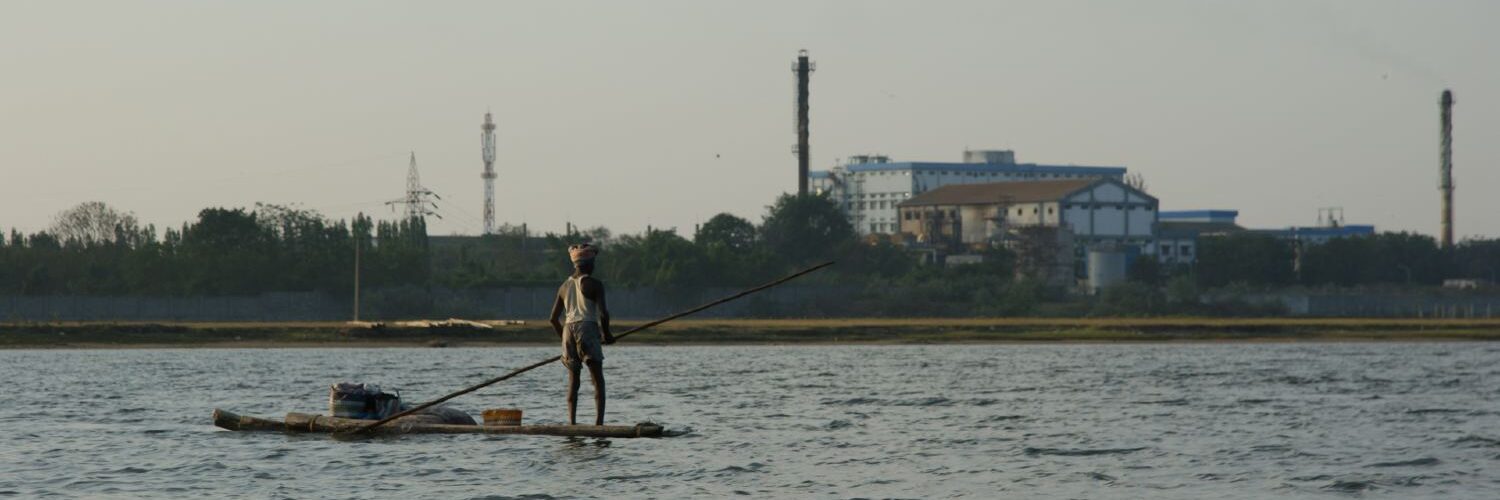21 June 2010
Gokul Chandrasekar
Express News Service
THE issue of mercury leak in the eco-sensitive Pambar Shola forest in Kodaikanal from Hindustan Lever’s thermometer factory was first brought to notice in 2001 by factory workers and environmental groups.
The company later admitted on record to have discharged more than 1.3 tons of toxic mercury into the Pambar Shola and that the soil within the factory premises was contaminated with at least 366 kg of mercury. TNPCB shut down the factory in 2001 following which a need to conduct an independent assessment of mercury pollution arose as residents felt the mercury release data provided by the company was grossly underestimated.
However, till date no such independent assessments have been conducted or commissioned by the TNPCB. Residents and activists also raised demands for stringent cleanup standards owing to the sensitivity of the location. In the years that followed, about 17 factory exworkers and two scrapyard workers died of renal failure and other health complications. Many others have chronic cases of ailments and are unable to work for a living.
Since 2002, Unilever has publicly declared that it would cleanup the factory site to Dutch residential standards of 10mg/kg. A working committee represented by Kodaikanal residents was constituted in 2001 by TNPCB to monitor the cleanup process.
The panel ensured expeditious removal, containment and export of more than 270 tons of mercury scrap to USA in 2003. At the behest of the Supreme Court Monitoring Committee in 2004, another local area environment committee was formed to work alongside the working committee in monitoring the cleanup.
However, since 2005, both the committees have been kept out of meetings on the cleanup, thus ensuring that there is no public oversight and transparency in the process.
All subsequent meetings of the authorities were held behind closed doors in violation of the Supreme Court orders of 2003 that called for dissemination of matters relating to environment pollution and community participation. NEERI, which was hired by Hindustan Lever as its paid consultant, also served on the Scientists Expert Committee (SEC), thus creating a conflict of interest.
A sub committee of the Supreme Court Monitoring Committee comprising Dr Claude Alvares and Dr D B Boralkar raised questions on the violation of the committee’s orders in engaging NEERI by the pollution control board. According to activists, the sub committee was replaced within just five days after the issue was raised.
The issue resurfaced in the media last year when activists found through RTI replies that the remediation standards had been grossly lowered. While Dutch standards specify 10 mg of mercury per kg of soil, the norm was lowered to 25mg/kg.
In other words, it would leave about 100 kg of mercury in the soil even after the cleanup.
